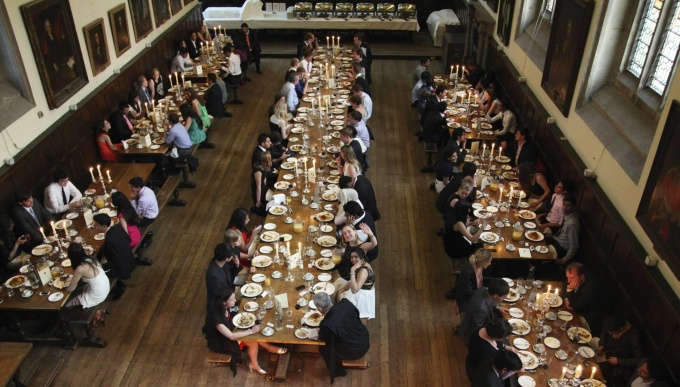The university advising team at UWCSEA provides a short explanation of the many options that can make for a ‘worthwhile’ summer in a series of posts designed to help families make the most of a summer break.
Over 200 universities come to UWCSEA each year to meet our students, and many will also visit other international schools while in Singapore. There are numerous ‘Higher Education’ fairs open to students looking to study overseas. These are typically held in a central location such as a school, hotel conference room or at one of the exhibition spaces and advertised via your school’s guidance counselors.
But nothing is quite like getting a feel for a place in person, as it provides an important opportunity to get a sense of whether a particular university will be a ‘right fit’. In fact, we would go so far as to say that if you are considering applying to a university it is really valuable to visit it first. We’ve had students tell us that setting foot on a campus has absolutely confirmed a college as their first choice, or helped them rule out a college that they had thought they were interested in.
This post talks about visiting those university campuses that your child may be considering - including a list of a things to consider when planning these trips.

When to go
School holidays are excellent times to visit universities, in particular during the March/April break in Grade 11, and during the summer between Grade 11 and 12.
Some students also visit universities during the first term break in their final year of school, but whether or not this is a good time for you will depend on which countries/destinations you are considering. You do not have to attend one of their official open days - although it is a good idea to go along if you are able to do so.
If your child is considering applying to multiple destinations, it may be worthwhile considering making an earlier start on research visits. Starting your ‘go-see’ visits in the summer break before your child starts their final two years of High School (that’s between Grade 10 and 11 at UWCSEA) will avoid a possibly exhausting whirlwind the following next year and allow you to really take in the campuses you are considering. This can be combined with family holidays in a non-pressurized, low-stakes way. Drive through campuses in cities where your family is traveling anyway so your child can begin to see the differences between urban and campus-based universities. Starting early may help your child to narrow the options when deciding where he or she will apply!
There is a table at the end of this post laying this out by year.
Important considerations when planning a visit
- consider targeting different types of universities (big/small, urban/suburban/rural, campus/city, public/private, etc.) to get a sense of the differences
- exploring a variety of universities is vital – do not visit only ‘top’ or ‘highly selective’ or ‘brand name’ universities (Oxbridge, Ivy Leagues, etc.). Remember that these schools turn away 90% or more of their applicant pool and it is important to make well informed choices
- do not just visit universities where you a sibling or other family member or friends have studied – these contacts can be great resources for information, but what may be a ‘good match’ for a brother/cousin/friend/Professor/uncle/dad’s friend may not necessarily be a ‘good match’ for your child
Timing suggestions
Here are some of our suggestions for the timings of these visits in the last three years of High School.
| First year (Grade 10 or British 11) |
Second year (Grade 11 or British 12) |
Final year of school (Grade 12 or British 13) |
| Summer break, especially if your child is looking at multiple destinations |
Mid term (northern hemisphere spring) and summer breaks Visit your shortlist in the summer break just before you start your final year of school |
First term break, depending on the country you are considering |
Campus tour companies
Several organisations offer package tours to various university campuses; some include application guidance seminars on a variety of topics. These cover countries such as the UK, the US and Canada. If you are not familiar with the country your child is applying to then it may be worthwhile considering this option. Check to see if the tour company caters specifically to international students.
Your university guidance office, or even a simple online search, should be able to provide you with the details for a number of companies who offer this service.





